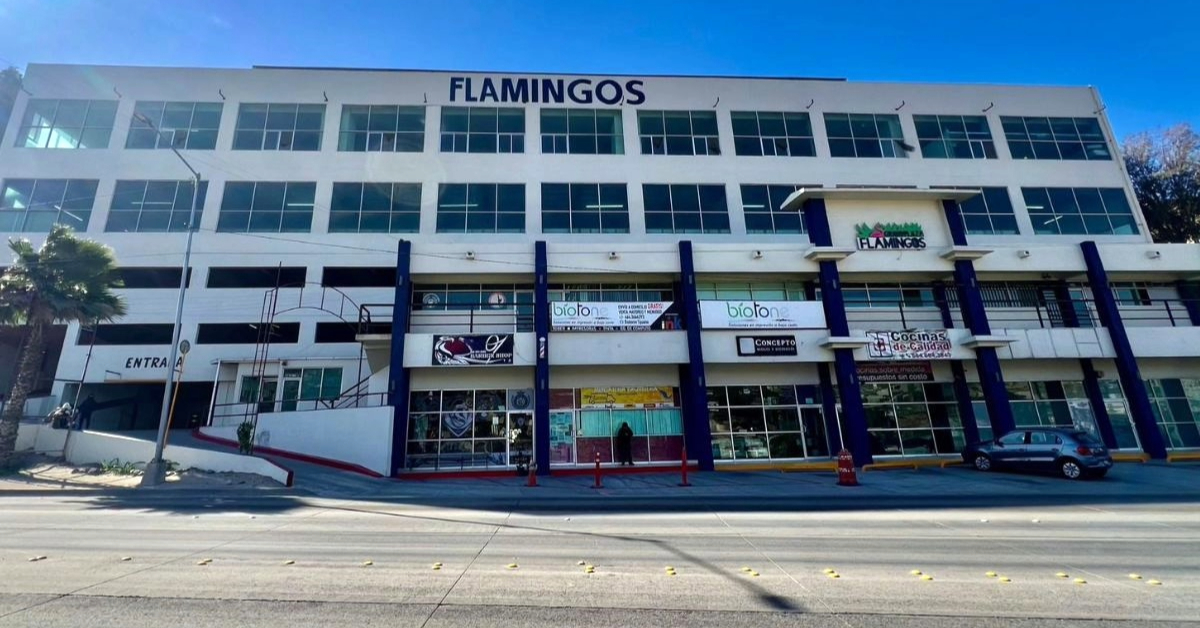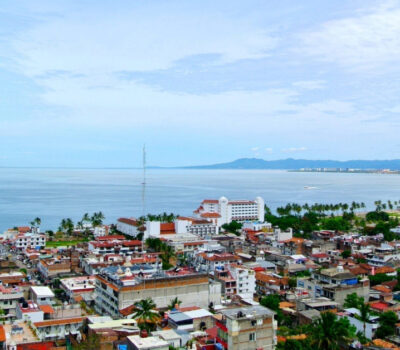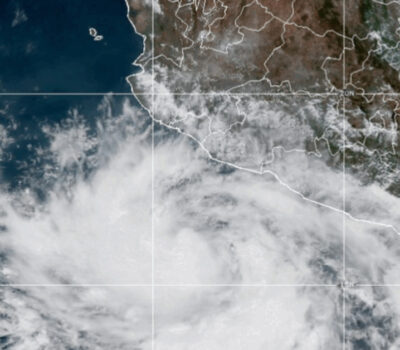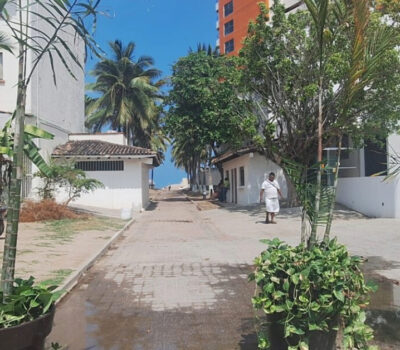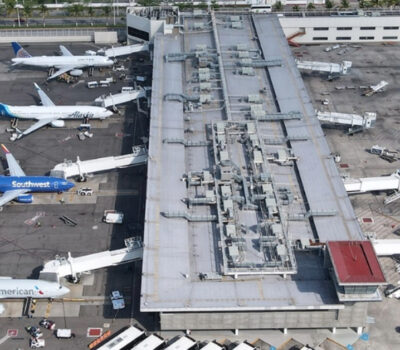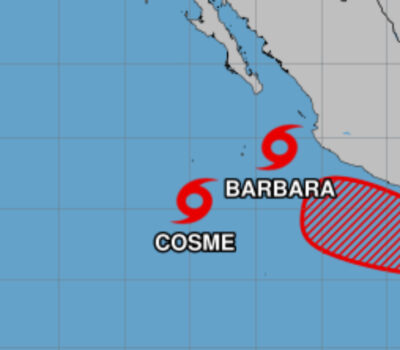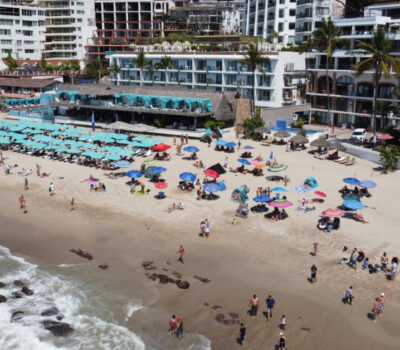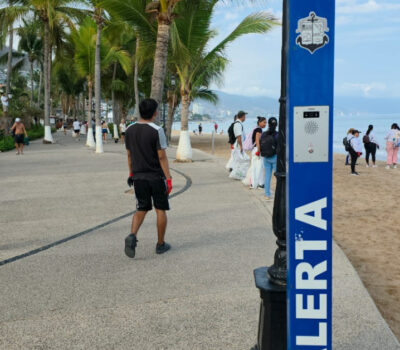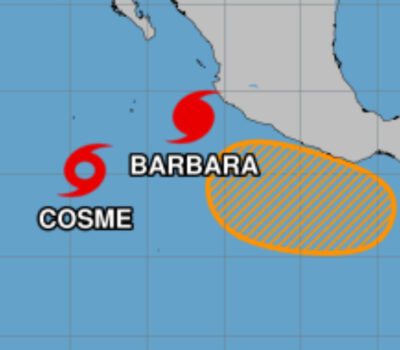Baja California shelters for migrants stand ready as US prepares mass deportation raids in Los Angeles, ensuring care and support for returnees.
Baja California officials announced they have expanded and stocked federal shelters to receive migrants in case large-scale deportation raids in Los Angeles trigger a surge of returnees. The move comes after U.S. authorities signaled plans for mass enforcement actions against undocumented immigrants in several California counties.
Preparing for sudden influx
State Secretary of Social Development María Ruiz Uribe said local agencies have coordinated with the federal government and municipal offices to ensure shelters can open on short notice. “We have identified available spaces and supplied them with beds, food, and medical kits,” Ruiz Uribe explained. “Our staff stands ready to activate these centers if people arrive without notice.”
Authorities report that two provisional shelters have reached full capacity planning: one in Tijuana near the international boundary and another in Mexicali on the state’s eastern edge. Each site can house up to 350 individuals, with space set aside for families traveling with children. Additional overflow facilities are on standby at municipal auditoriums and community gyms.
Cross-border coordination
The Baja California government has held joint briefings with U.S. consular staff to track planned raids in Los Angeles, where news outlets have reported that thousands of Immigration and Customs Enforcement (ICE) officers will take part. Mexican consuls in Los Angeles will monitor operations and relay real-time updates to officials in Tijuana and Mexicali.
“The goal is to avoid chaos at our crossings,” said Emilio Blanco, director of civil protection in Tijuana. “If buses of deportees arrive all at once, we’ll guide them to prearranged shelters rather than let them fend for themselves on the streets.”
Humanitarian focus
Beyond providing shelter, the state plans to offer legal guidance, psychological support, and basic health screenings. Ruiz Uribe emphasized the importance of treating returnees with dignity: “These are people who may have lived in the U.S. for years. They need more than a bed—they need help to restart their lives here.”
Local NGOs have also stepped up. The Baja California Refugee Assistance Network volunteered staff to register arrivals and help them navigate paperwork for repatriation or asylum requests. The Mexican Red Cross dispatched mobile medical units to both Tijuana and Mexicali sites.
Political and social context
The readiness drive reflects growing concern over U.S. immigration policy shifts under the current federal administration. In recent months, ICE has intensified workplace raids and street arrests, prompting fear within immigrant communities. California officials have condemned the tactics, calling them “inhumane” and warning that they could push migrants into more dangerous routes.
Meanwhile, Baja California’s decision to prepare shelters signals a pragmatic approach. Ruiz Uribe noted that cross-border migration flows have long shaped the region’s economy and culture. “We live in a border state. What happens on the U.S. side directly affects us,” she said. “Our priority is to protect human life and maintain order.”
Baja California shelters for migrants stand ready as US prepares mass deportation raids in Los Angeles, ensuring care and support for returnees . . .

